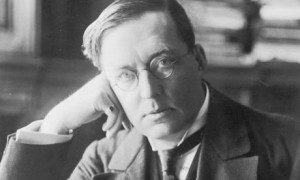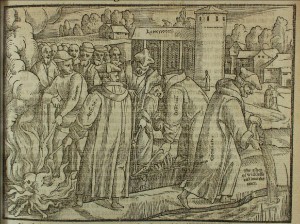In a recent post on the Synod of Diamper (1599), I described how European Catholics tried to force Indian Christians into conformity with their ways. This Indian church, the Thomas Christians, had been founded in the second century (conceivably before), and throughout the Middle Ages its connections had been with the Church of the East, based in Iraq, so it had never had been subject to Catholic or Orthodox authority. In light of this, it is fascinating to see what... Read more
















